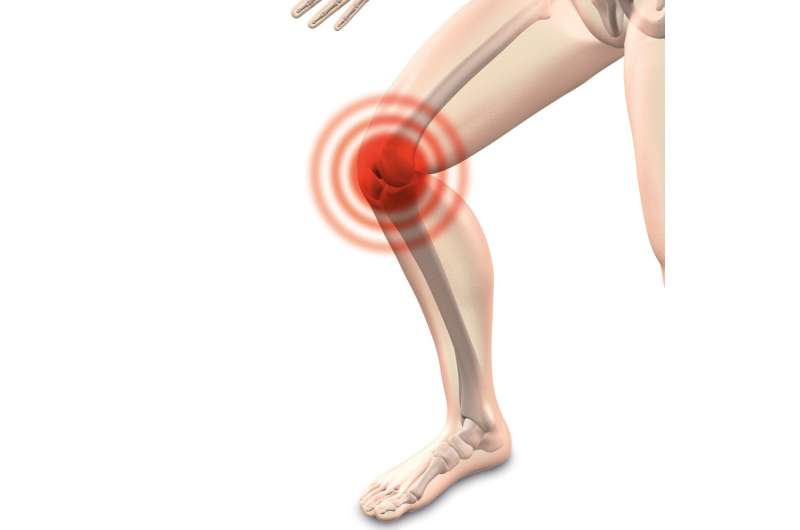Artificial Intelligence Identifies Key Risk Factors for Severe Pain Following Knee Replacement Surgery

A recent breakthrough utilizing artificial intelligence (AI) has led to the identification of critical risk factors associated with increased pain intensity after knee replacement surgery. Presented at the 50th Annual Meeting of the American Society of Regional Anesthesia and Pain Medicine (ASRA), this research was awarded the prestigious Best of Meeting honor for its scientific impact.
Conducted by the Pain Prevention Research Center at the Hospital for Special Surgery (HSS), the study analyzed medical data from over 17,200 patients who underwent total knee replacement procedures between April 2021 and October 2024. The team aimed to classify distinct patient pain archetypes and determine predictive factors for severe postoperative pain, thus enabling personalized pain management strategies.
Using advanced machine learning techniques, the researchers identified two main pain archetypes: one characterized by severe, difficult-to-control pain, and the other by more manageable pain levels. Further analysis revealed that younger age, higher BMI, greater physical and mental impairments, and preoperative use of opioids or gabapentinoids significantly increased the likelihood of experiencing severe postoperative pain.
"Leveraging AI allows us to analyze complex patient data comprehensively, predicting which individuals are at higher risk of severe pain," explained Dr. Justin Chew, a clinical fellow involved in the study. Dr. Alexandra Sideris, director of the Pain Prevention Research Center, emphasized that these insights enable healthcare providers to tailor pain management plans specifically to each patient’s risk profile.
While this study focused on immediate postoperative pain, ongoing research aims to track patients over longer periods, seeking strategies to improve pain control and recovery. The integration of AI in clinical settings promises to revolutionize personalized care, reducing pain and enhancing recovery outcomes for knee replacement patients.
This significant advancement underscores the potential of machine learning to transform pain management protocols and improve patient quality of life after major orthopedic surgeries.
Source: https://medicalxpress.com/news/2025-05-ai-successfully-factors-linked-severe.html
Stay Updated with Mia's Feed
Get the latest health & wellness insights delivered straight to your inbox.
Related Articles
Approximately 29% of Infants Receive RSV Immunization in the 2023-2024 Season
In the 2023-2024 season, nearly 30% of infants in the U.S. received RSV protection via vaccination or monoclonal antibodies, highlighting ongoing efforts to combat severe respiratory infections in newborns.
California State Senator and Physician Leverages Medical Expertise to Safeguard Healthcare for Vulnerable Populations
California State Senator and physician Akilah Weber Pierson leverages her medical expertise to advocate for vulnerable populations amid budget challenges and federal threats to healthcare programs like Medi-Cal. Learn how her dual roles influence policy decisions to protect healthcare access for Californians.
New Protein Target Offers Hope for Obesity and Heart Disease Treatment
Researchers have identified a protein that suppresses brown fat activity, offering new possibilities for treating obesity and cardiovascular diseases by enhancing metabolic health.
Focused Strategies Crucial to Counteract the Fentanyl Crisis, New Study Finds
A recent study underscores the necessity of targeted regional strategies to effectively reduce the rising fentanyl overdose death toll across the U.S., highlighting high-impact areas and community-based solutions.



